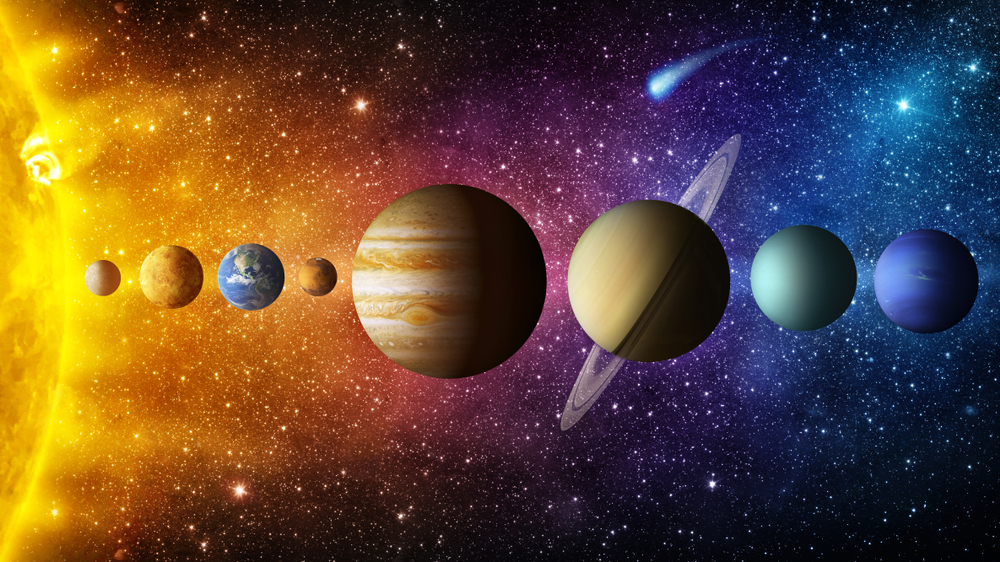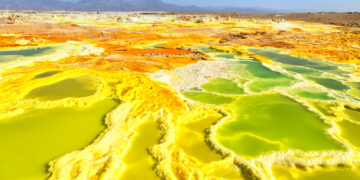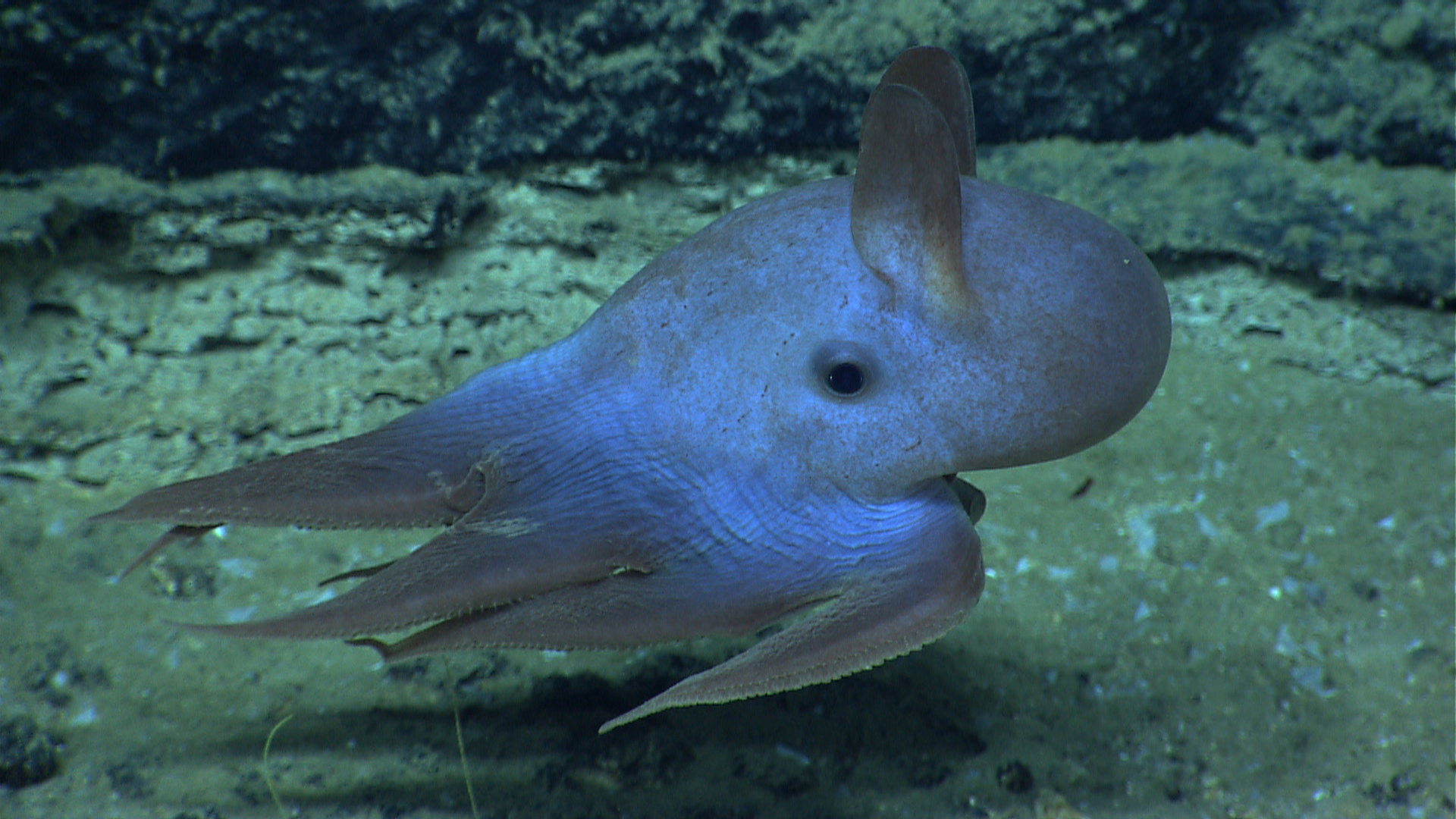When you consider the planets of our solar system you likely picture massive objects that must weigh an incredible amount. You would imagine that if Atlas had to carry all of these worlds he would struggle. You would be right, yet it may surprise you then to learn then, that Saturn is less dense than water! The massive planet would float if we could just find an ocean big enough to put it in.
The density of water is 1g/cm^3. At least that is the density of water in its liquid form. When the water cools and freezes it becomes ice. Ice is less dense than water, hence why it floats on the surface. If it wasn’t for this strange chemistry than the world would be very different.
Saturn’s average density is only 0.687g/cm^3, 30% less dense than water. This makes Saturn the only planet that is less than dense water. The planet’s core is likely made from rock, nickel, and iron. While these materials are incredibly dense, it is the outer layers that make Saturn the way it is. The rest of the planet is made up of large amounts of Helium and Hydrogen. Imagine tying thousands of helium balloons to a really heavy rock and you have a rough idea of how Saturn has the potential to float.
While it is a nice thought experiment, there is, of course, no way to test it. There is no single body of water large enough to hold Saturn and last time I checked we weren’t able to move planets. This has not stopped the debate from continuing. Many feel that if an ocean that large existed it would collapse under its own gravity to form its own planet. If Saturn ever came near a planet of that size, the gravity would be so strong it would make Saturn flat!






